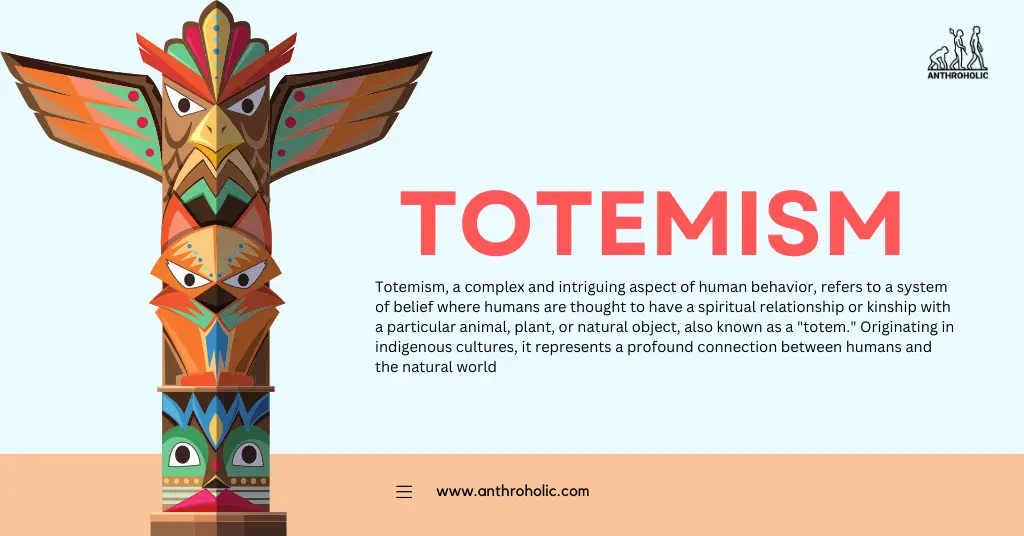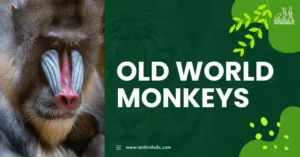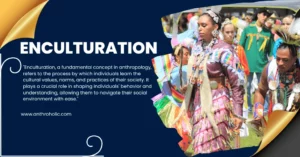AI Answer Evaluation Platform Live Now. Try Free Answer Evaluation Now
Totemism
Totemism, a complex and intriguing aspect of human behavior, refers to a system of belief where humans are thought to have a spiritual relationship or kinship with a particular animal, plant, or natural object, also known as a “totem.” Originating in indigenous cultures, it represents a profound connection between humans and the natural world [1].

The Concept of Totemism
Totemism is essentially an aspect of animism, the belief that everything in nature possesses a spirit or soul. In totemic societies, each group or clan has a specific totem. This totem is believed to embody the essence of the group and its spiritual identity [2].
Characteristics of Totemism
- Symbolism: Totems represent a clan or a group and serve as its symbol.
- Ancestral Connection: Totems are often thought of as ancestors, guiding spirits, or protectors.
- Taboos: There are certain restrictions and customs associated with totems in various cultures.
Emergence and Distribution of Totemism
The concept of totemism first emerged in indigenous communities in North America and Australia. However, over time, traces of totemism have been found in various cultures around the world [3].
North America
Many Native American tribes followed totemic practices. For example, the Ojibwe people identified with totems based on their clans, each represented by a different bird or animal [4].
Australia
Australian aboriginal tribes were known for their complex totemic systems. The totem could be an animal, a plant, or even a celestial body, which was regarded as a natural embodiment of an ancestral spirit.
| Region | Prominent Totems |
|---|---|
| North America (Ojibwe) | Various birds and animals |
| Australia | Animal, plant, celestial bodies |
Theoretical Interpretations of Totemism
Emile Durkheim
Emile Durkheim, a French sociologist, interpreted totemism as the earliest form of religious practice. According to him, the totem was essentially an embodiment of the society itself, symbolizing its unity and shared values.
Claude Levi-Strauss
In contrast to Durkheim’s interpretation, anthropologist Claude Levi-Strauss proposed that totemism was a form of classification. He argued that totemic species were chosen not for their spiritual qualities but as a logical means to categorize and organize the world.
The Role of Totemism Today
Today, totemism continues to influence various cultures around the world. For instance, in Australia, totems still form the basis of land rights and responsibilities among aboriginal communities. Furthermore, totems serve as a form of identity, often appearing in tribal names, tattoos, and other forms of cultural expression.
Conclusion
Totemism, despite being a product of traditional cultures, remains significant in modern society. It stands as a testament to the complex ways humans relate to the world around them. This diverse system of belief encapsulates an extensive variety of spiritual and societal practices, making it a captivating subject for anthropological study.
References
[1] Frazer, J.G. (1910). Totemism and Exogamy. Macmillan.
[2] Eliade, M. (1958). Patterns in Comparative Religion. Sheed & Ward.
[3] Leacock, E., & Lee, R. (1982). Politics and History in Band Societies. Cambridge University Press.
[4] Densmore, F. (1979). Chippewa Customs. Minnesota Historical Society Press.




